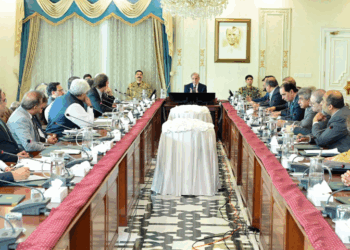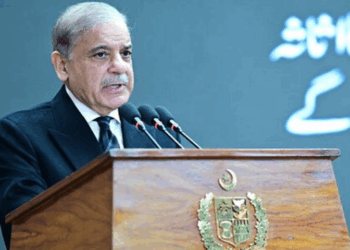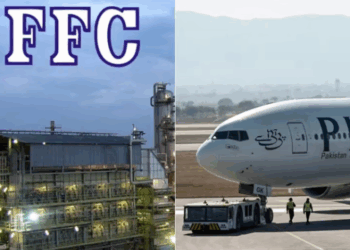Islamabad, June 16, 2025: The federal government has cautioned that domestic fuel prices are likely to rise following a sharp increase in global oil markets, driven by the ongoing conflict between Iran and Israel. Officials confirmed that there are no plans to reduce the Petroleum Development Levy (PDL) despite mounting pressure.
Global oil prices surged by over 16% in recent days, with renewed military strikes over the weekend fueling fears of a wider regional war that could disrupt energy supplies from the Middle East.
According to Reuters, Brent crude futures edged up 6 cents to $74.29 per barrel on Monday, while US West Texas Intermediate rose by 21 cents to $73.19. Both benchmarks had climbed by more than $4 earlier in the session before briefly dipping into negative territory.
Speaking at a meeting of the National Assembly’s Standing Committee on Finance, chaired by MNA Naveed Qamar, Finance Secretary Imdadullah Bosal said Pakistan currently holds sufficient petroleum reserves. However, he made it clear that domestic prices would be adjusted in line with international market movements.
“We’re closely monitoring the situation,” Bosal said. “If global prices rise further, local rates will have to follow. The levy will remain unchanged.”
Opposition Leader Omar Ayub expressed deep concern about the impact of the conflict on Pakistan’s already fragile economy.
“We are caught in a domestic debt trap, and this conflict could swell the budget deficit and trade gap,” Ayub warned, calling the regional crisis a potential tipping point.
In an unusual moment of agreement, Finance Minister Muhammad Aurangzeb acknowledged the gravity of the situation and revealed that Prime Minister Shehbaz Sharif has formed a high-level committee to monitor petroleum prices and stockpiles.
“The committee met today to assess the evolving dynamics of the global and domestic petroleum markets,” Aurangzeb said during the session.
According to a press release issued by the Ministry of Finance, the committee—led by the finance minister—includes senior officials from relevant ministries, regulatory bodies, and energy experts. It is tasked with monitoring international price trends, ensuring supply chain stability, and assessing the foreign exchange implications of oil price fluctuations.
The committee confirmed that Pakistan currently has adequate petroleum stockpiles and there is no immediate threat of supply disruption. However, members emphasized the need for continuous vigilance given the evolving geopolitical context.
A working group under the committee will track market developments on a daily basis, while the full committee will convene weekly to submit recommendations to the Prime Minister.
The Petroleum Division will provide secretarial support and oversee the implementation of the committee’s recommendations.
“The government remains fully committed to ensuring energy security, stabilizing markets, and protecting the national interest during this critical period,” the official statement read.








